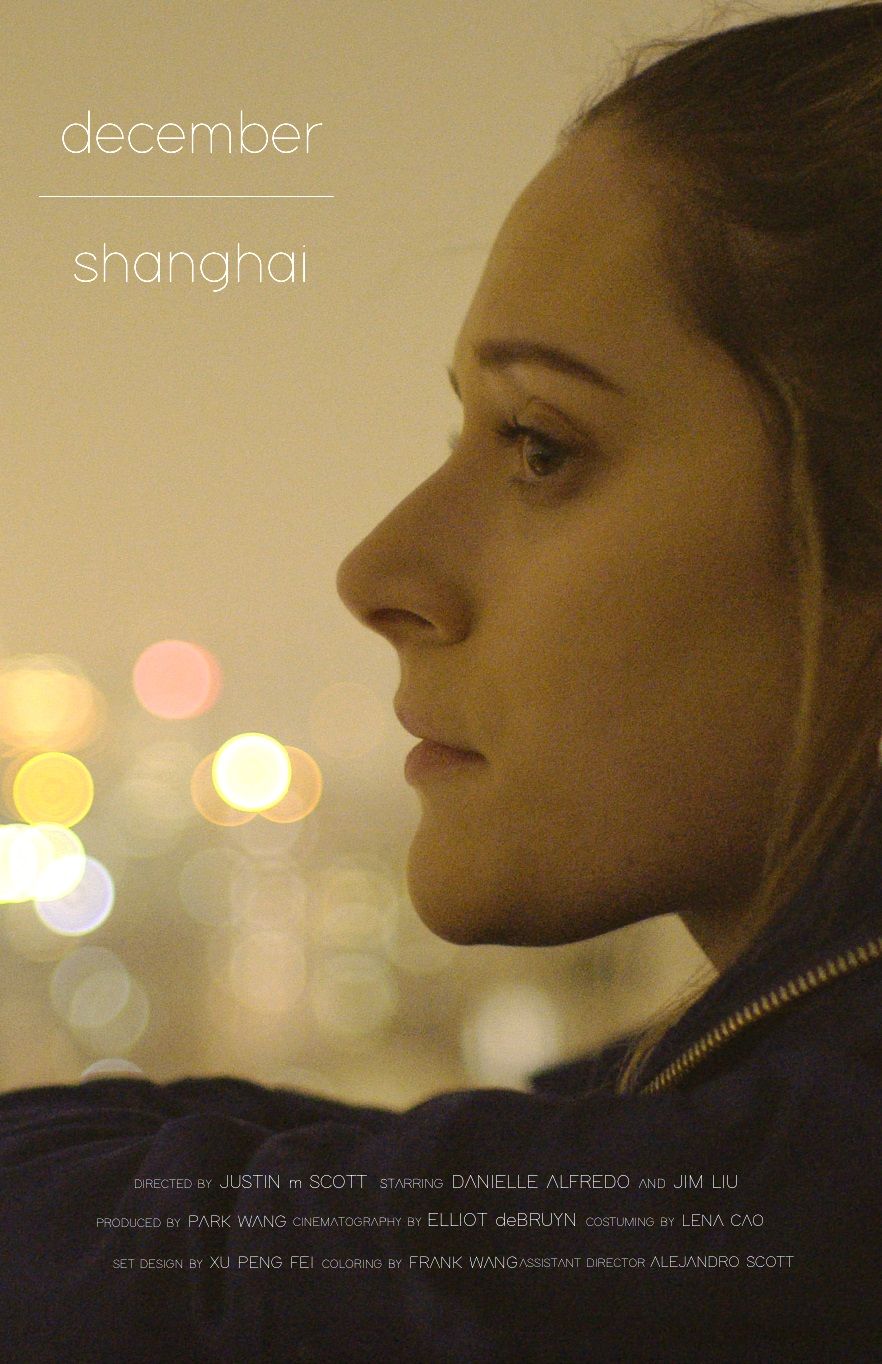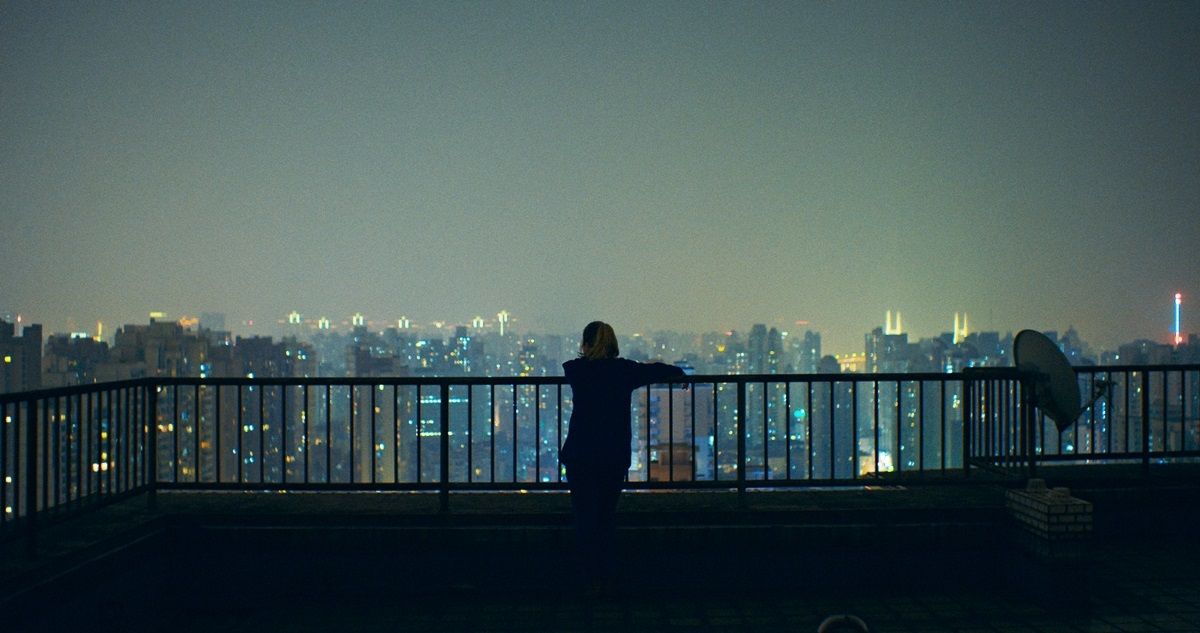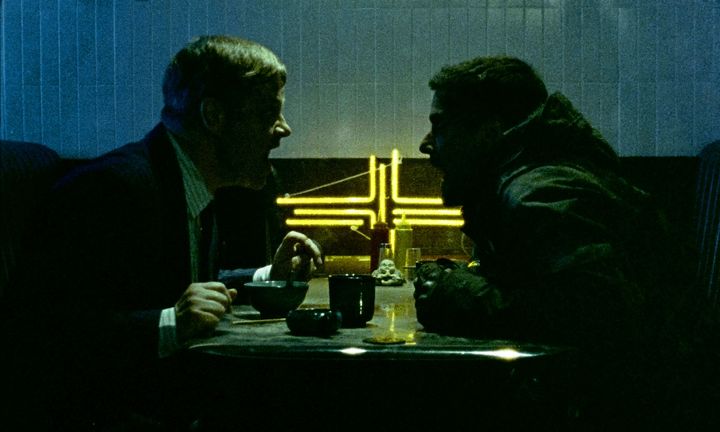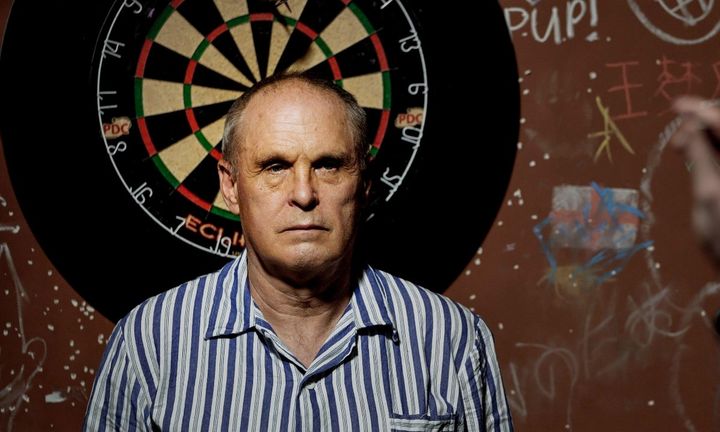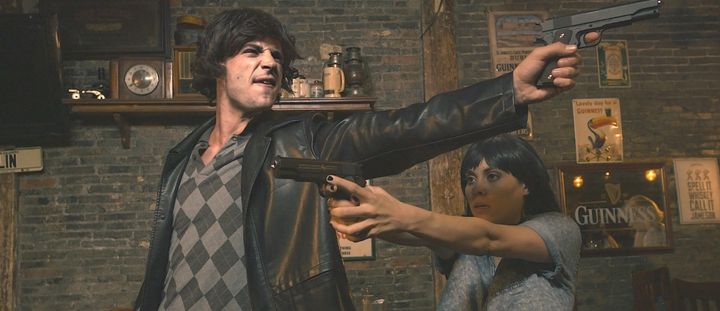December / Shanghai tells the story of a lonely ESL teacher forced to consider an unlikely dinner guest when her last friend in town cancels on Christmas Eve. Writer-director Justin Scott chats about putting lessons into practice, the camaraderie of filmmaking and shooting his latest short.
EastIndie: What is December / Shanghai about?
Justin Scott: It takes place over Christmas when many expats are returning to their home countries. The protagonist, however, an English teacher named Maisie, has unresolved conflicts with her family, so she never returns. Surprisingly, she makes a connection with one of her students, and over the course of an evening they realize they have more in common than they thought.
EI: What was it that drew you to telling this story?
JS: I think every expat—or really any waidiren (outsider)—in China can identify with some aspect of the story, including myself. Most people in Shanghai are from somewhere else, and the disconnection you experience from your family and roots can create feelings of isolation and confusion.
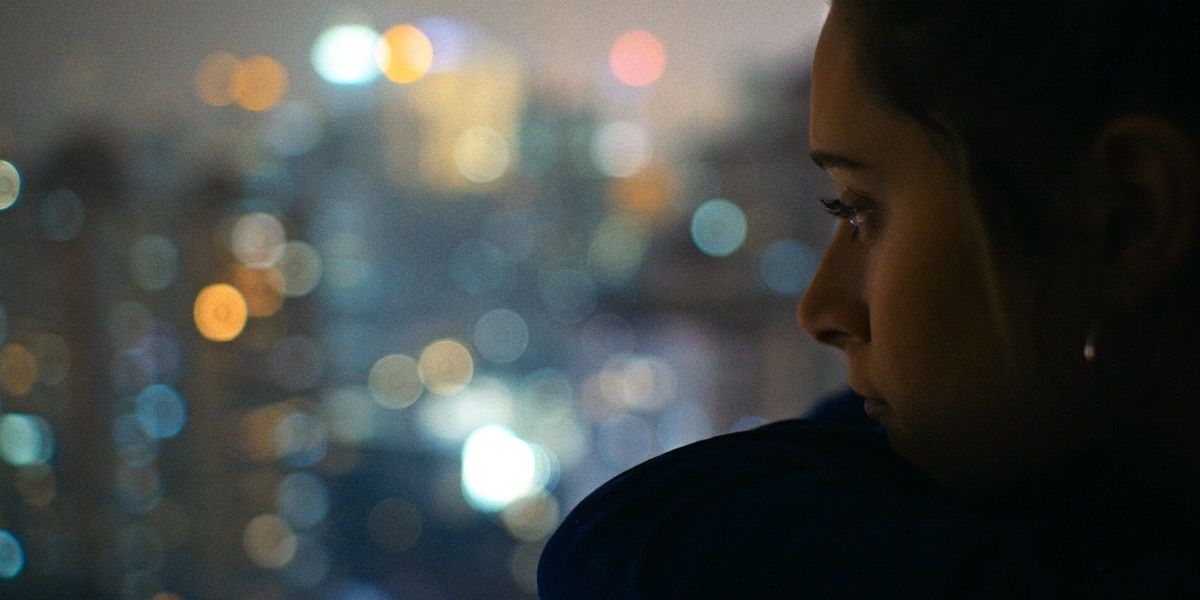
EI: Danielle Alfredo and Jim Liu are both great in the lead roles. How did you manage to bring them together for this shoot?
JS: Casting took a long time for this one! But, honestly, I’m so happy with our two leads. Danielle is a New York actress with a lot of credits, including a role in the HBO drama, The Deuce. We actually flew her out here and it was her first time traveling in China. Jim was also amazing. He’s an up and coming actor and fortunately was available for our shoot. He brings legit charisma and acting chops to any role he takes on. He recently had a part in Lulu Wang’s The Farewell and is making a name for himself in cross-cultural productions.
"Momentum is so important. Taking your time before launching production can be beneficial, but you have to strike a balance."
EI: This is the second short you’ve done this year after The Second Page. How much time passed between projects and did the momentum from working on the previous film carry over to this one?
JS: We started right after post on The Second Page. Having an experienced team ready to shoot the next project made this production probably the smoothest I’ve ever had. Momentum is so important. Taking your time before launching production can be beneficial, but you have to strike a balance.
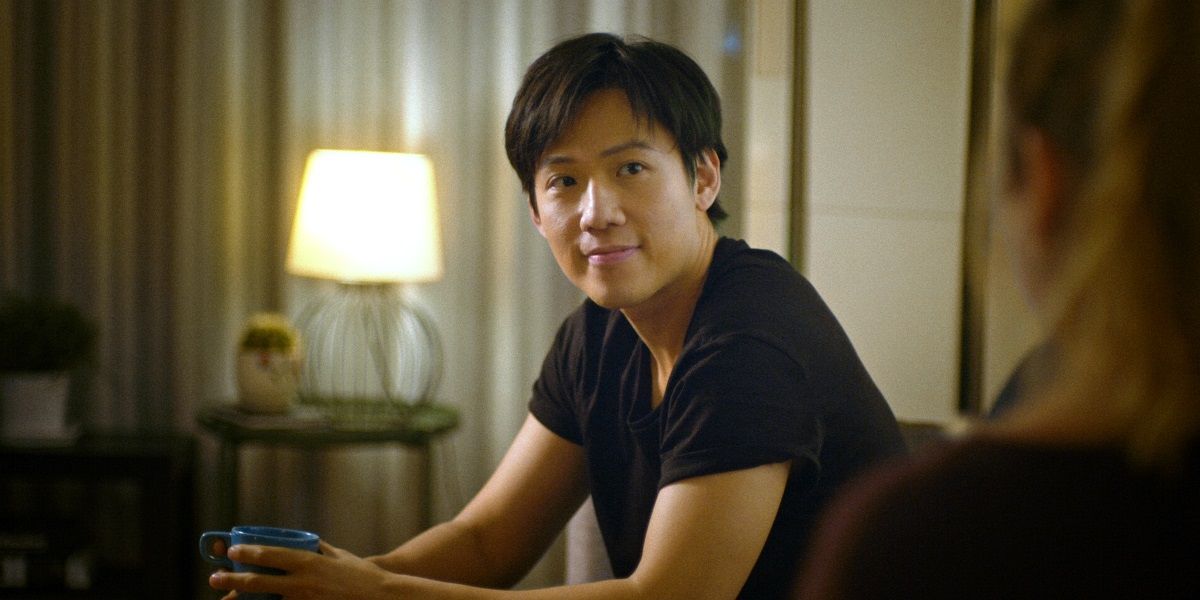
EI: Were there any lessons that you learned during the making of The Second Page that you were able to apply to making this film?
JS: Most were related to making sure the shoot was smoother and I had more time to work on set with the crew and actors. I brought on a really great producer, Park Wang, to put together the nuts and bolts this time, so I was able to focus almost all of my time on creative, working with the actors and discussing the visuals with our awesome DP Elliot deBruyn. One good tip for directors out there, don’t skimp on a good producer! I learned that the hard way.
"One good tip for directors out there, don’t skimp on a good producer! I learned that the hard way."
EI: Was there anything about this project that forced you to approach it in a different way than you did with your previous film? And, how was your experience on this project different from the previous one?
JS: Better preparation helped so much. We had two days of rehearsal before the film which were so helpful. Rehearsals for me also act as a stress-valve. When the cast and crew feel better connected we can all approach shooting with a greater sense of purpose and clarity because we’re all in it together. I know that kind of sounds like a really wordy bumper sticker, but it’s true.

EI: What was the biggest highlight for you making of this film?
JS: The camaraderie on set was a highlight for me. It was an international crew in the truest sense. Chinese, expats, people flying in and out—and everyone was so devoted and driven to make this film the best it could be.
EI: When it comes to post on a project like this, do you prefer to work in isolation or with other people? What was your process like?
JS: This is a great question and I have a lot to say on this subject. Before, I had always worked alone in the edit all the way to final product. But this time around, I organized a few screening with friends and sent several rough cuts out and got some great feedback. This is a very humbling and frightening process, but you’ll be surprised at what you learn, big and small. I re-cut a lot based on that feedback and I think the final film is better as a result.
"The camaraderie on set was a highlight for me. It was an international crew in the truest sense."
EI: Were there any unexpected insights or anything that you learned about cultural differences through the process of making this film?
JS: Although the film takes place on the periphery of a holiday, it’s important to note that this isn’t a “Christmas movie” or a “Spring Festival film”. So, spoiler alert—the protagonist does not break down in tears having finally learned the true meaning of Christmas. But, the context of the holiday season and how our families are inevitably tied up with that seemed like a great background to tell a cross-cultural story. For me, I don’t think there were any personal epiphanies, but it did reinforce in me the importance of maintaining connections back home. So, don’t forget to FaceTime with your moms y’all!

EI: The film hasn’t officially premiered yet, but from those people who have seen it, what has the response been like so far?
JS: It’s been pretty positive. Cross-cultural stories are tricky, because invariably you will find yourself tilting in one direction of the East/West narrative, and that can be a disappointment to some people. I still have a lot to learn and some of the feedback on that issue already has been very helpful.
EI: What are you looking forward to the most about screening the film for a bigger audience?
JS: Just getting honest reactions. Short films are great practice, and I just want to utilize these opportunities to learn as much as I can.
EI: Is there any advice you can offer to other filmmakers who are looking to get similar projects off the ground?
JS: Find people you enjoy being with and just make something—cliché, but true.
